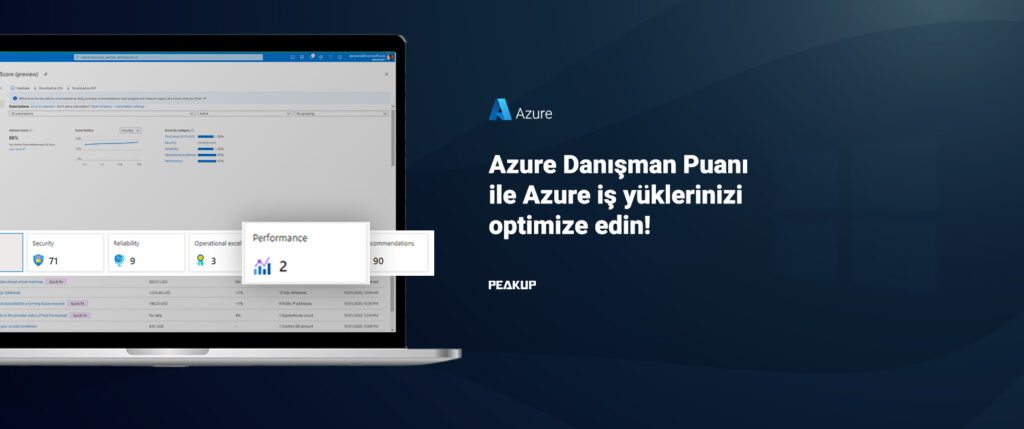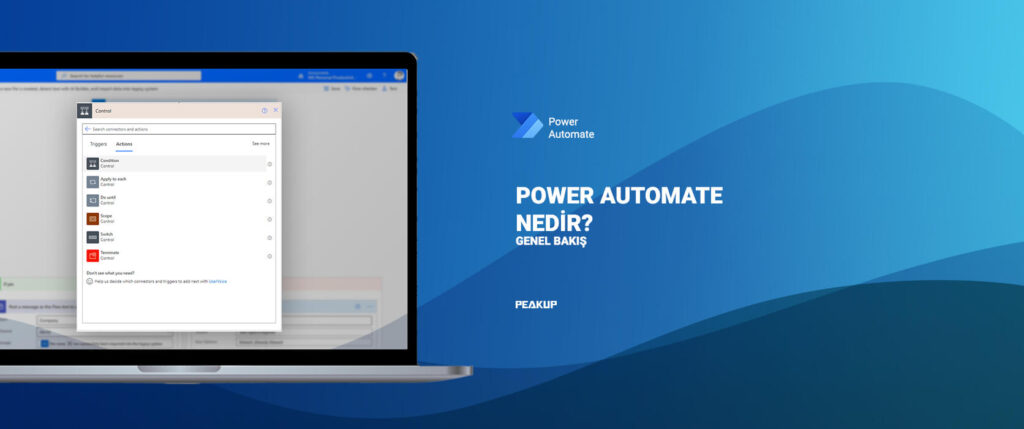EXCEL’S HISTORY (Excel from Past to Today)
Hello everyone,
I received a lot of questions like “Who found Excel, how was it created? It develops all the time, I wonder how the first version was…” in many of the trainings I gave in corporate companies.
As an answer to there questions, I have prepared the history of Excel and wanted to take the old users to a time travel that would make them say: “”Oh! What times…” And it will serve as an informative article for the new users.
Are you ready for the time travel? 👨🏻🚀
We met the first Excel as VisiCalc in 1978.
In 1978, Harvard Business School students Dan Bricklin Father of the modern Excel had to take on an analysis task for a case study. He had two alternatives to do that:
- He would do it manually.
- He would use a simple and unskillful computer program.
He thought that he didn’t have a better alternative and chose VisiCalc in the 1978 fall.
He programmed the first study and prepared the prototype of the concept he called VisiCalc. The first version of VisiCalc was a matrix of 4 columns and 20 rows.
It was not close to the electronic tables of our day but VisiCalc was still an accomplishment for that moment.
That was the first electronic table program and was published for Apple II at first.
It had skills like basic arithmetic operations, recalculating instantly and scroll bars.
1978 – VISICALC ![]()
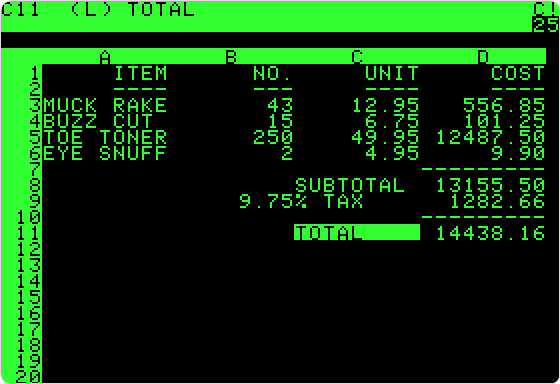
1980 – SUPERCALC ![]()
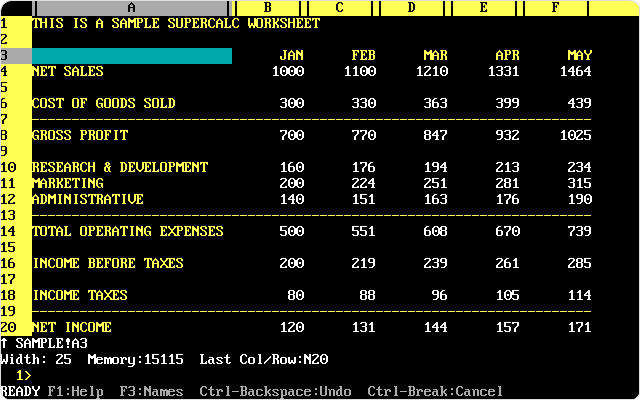
1982 – MULTIPLAN ![]()
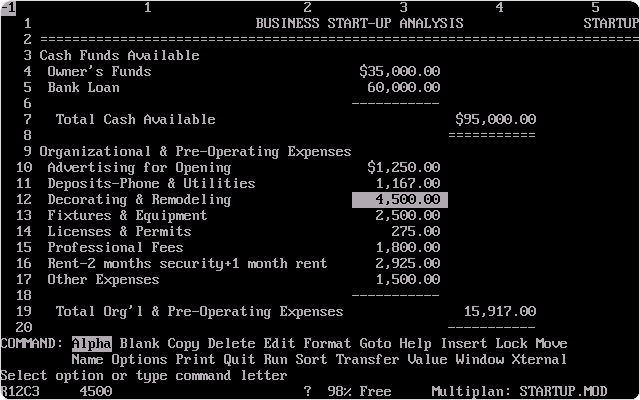
1983 – LOTUS 1-2-3 ![]()
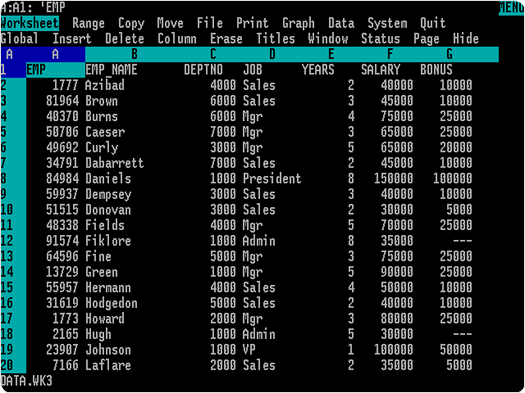
1985 – MICROSOFT EXCEL 1.0 (MAC) ![]()

1987 – MICROSOFT EXCEL 2.0 (WINDOWS) ![]()

1990 – MICROSOFT EXCEL 3.0 ![]()
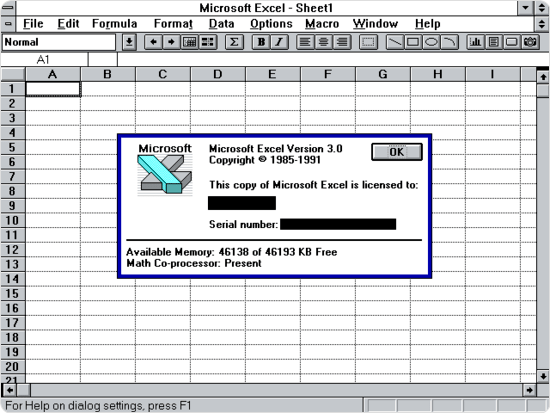
1992 – MICROSOFT EXCEL 4.0 
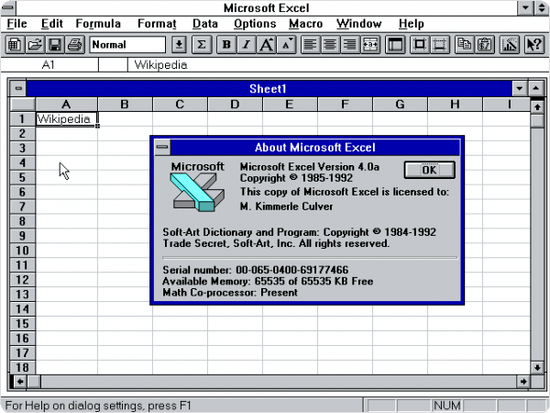
1993 – MICROSOFT EXCEL 5.0 
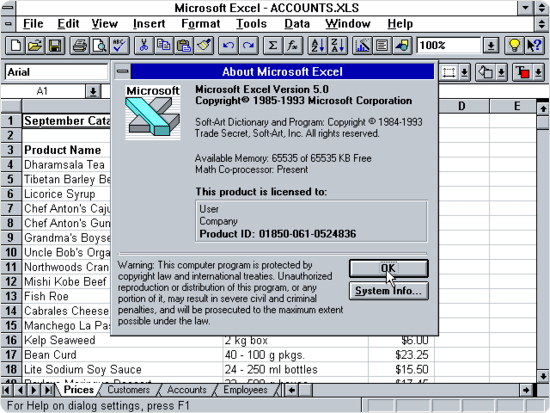
1995 – MICROSOFT EXCEL 7.0 (Excel 95) ![]()
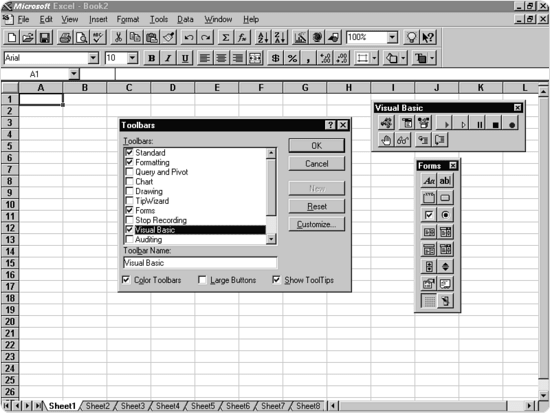
1997 – MICROSOFT EXCEL 8.0 (Excel 97) ![]()
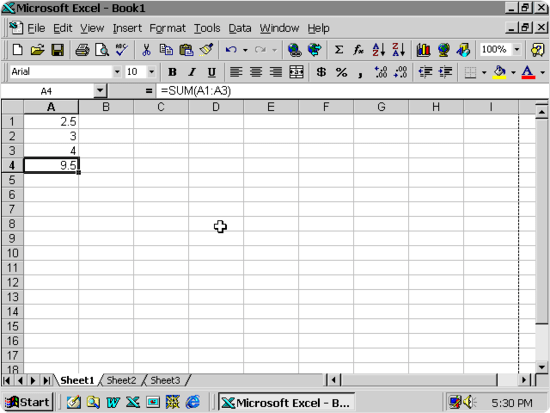
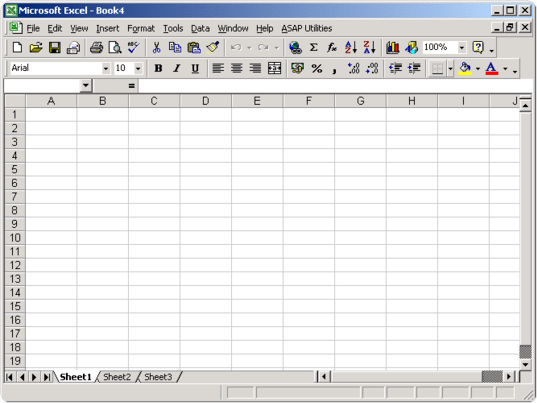

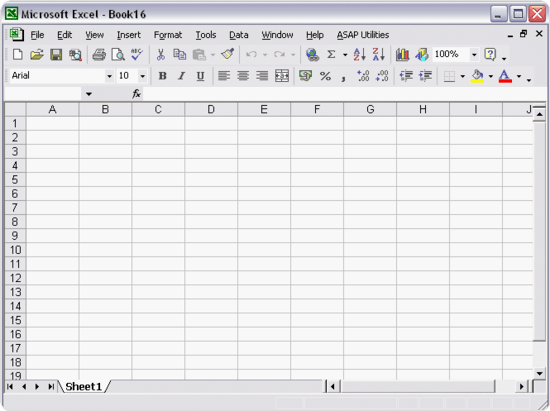
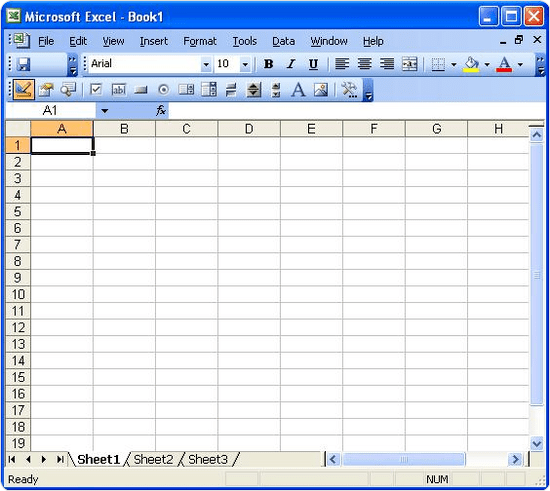
2007 – MICROSOFT EXCEL 12.0 (Excel 2007) ![]()
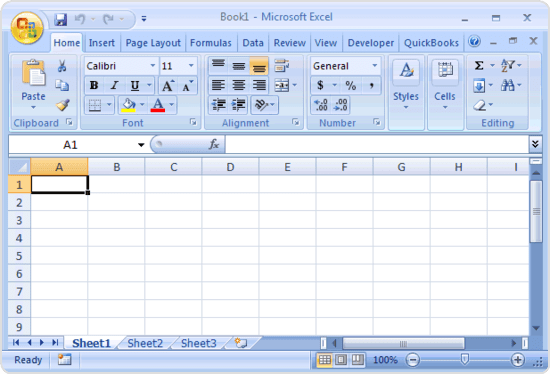
2010 – MICROSOFT EXCEL 14.0 (Excel 2010) ![]()
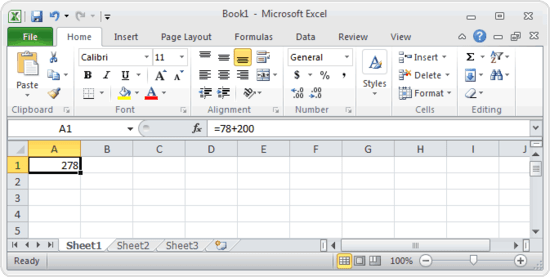
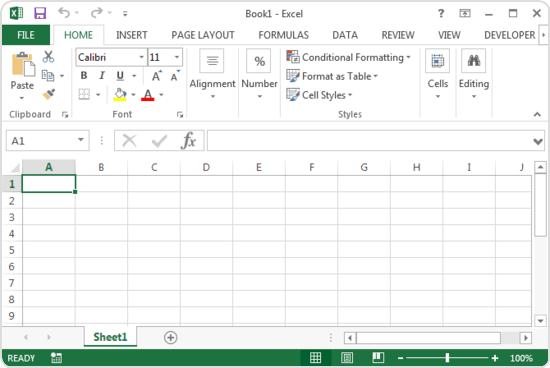
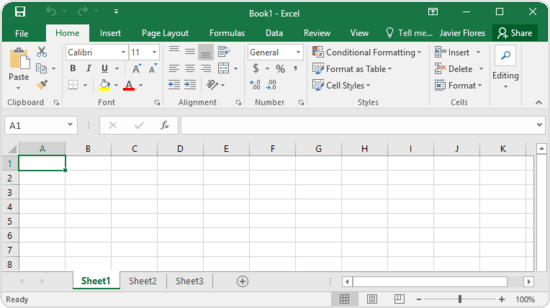
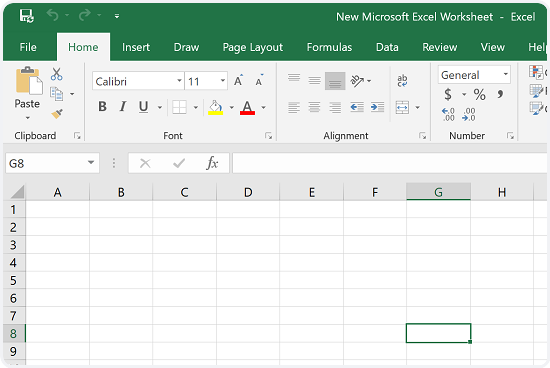
2019 – MICROSOFT EXCEL 16.0 (Office 365) ![]()
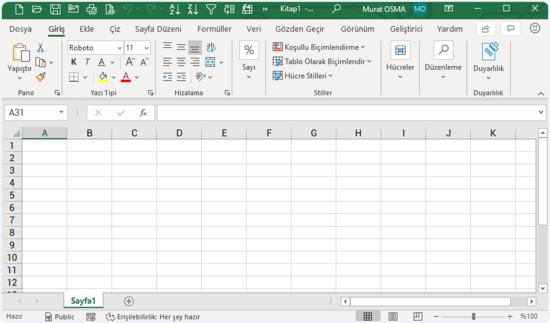
Now I leave you alone with the 1992 Microsoft Excel introduction..
Well, I hope that you enjoyed this few-minute trip to the past.
You can share this post and take a few more people to the past as well. 👍🏻
Good bye.


